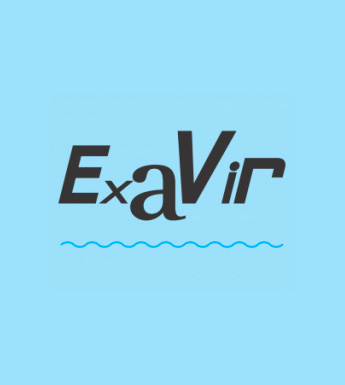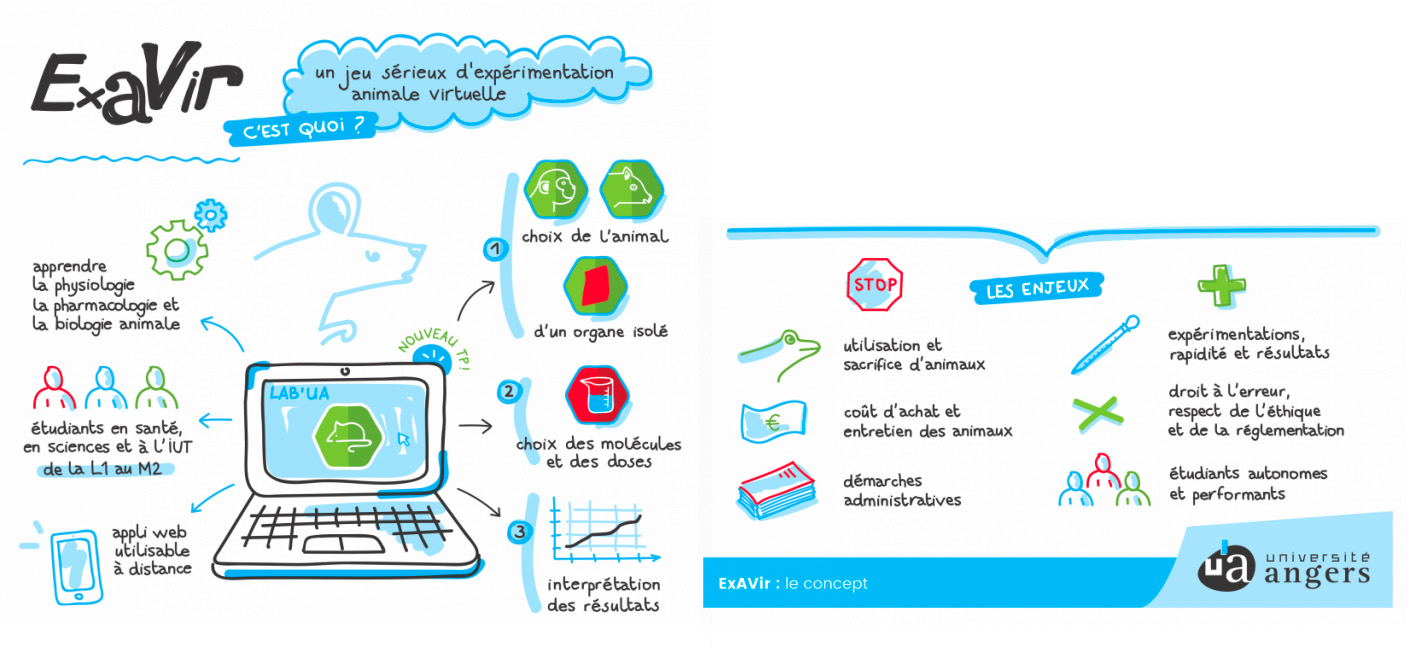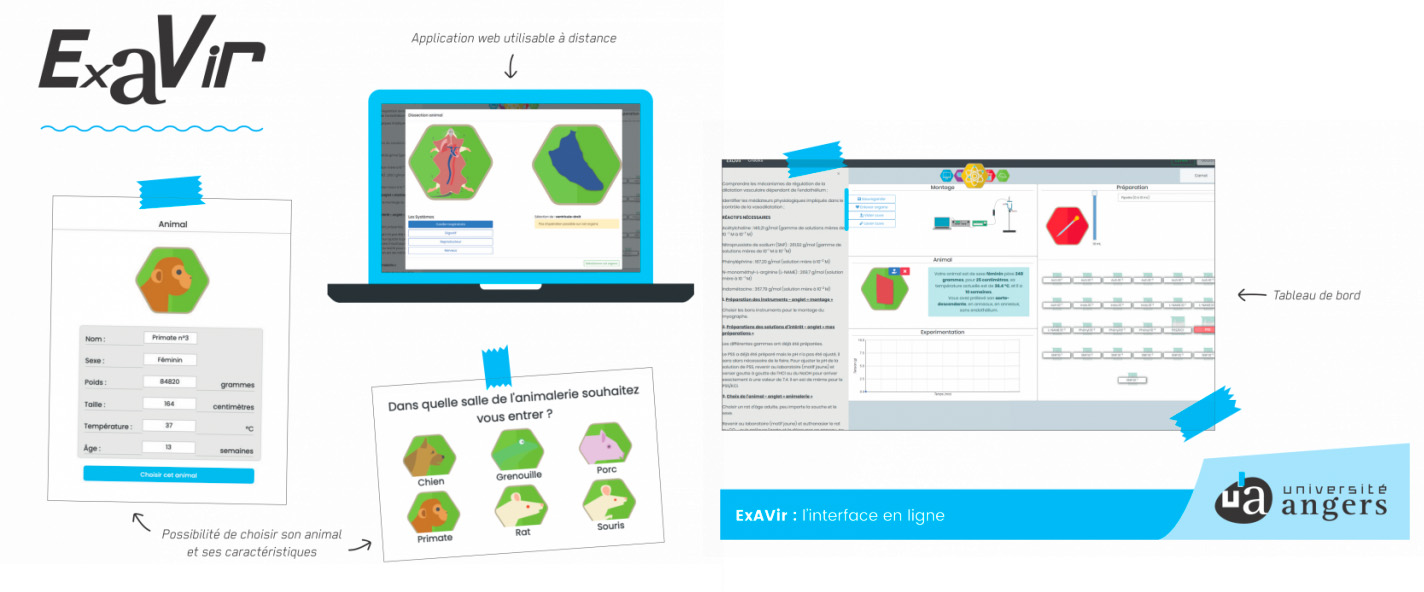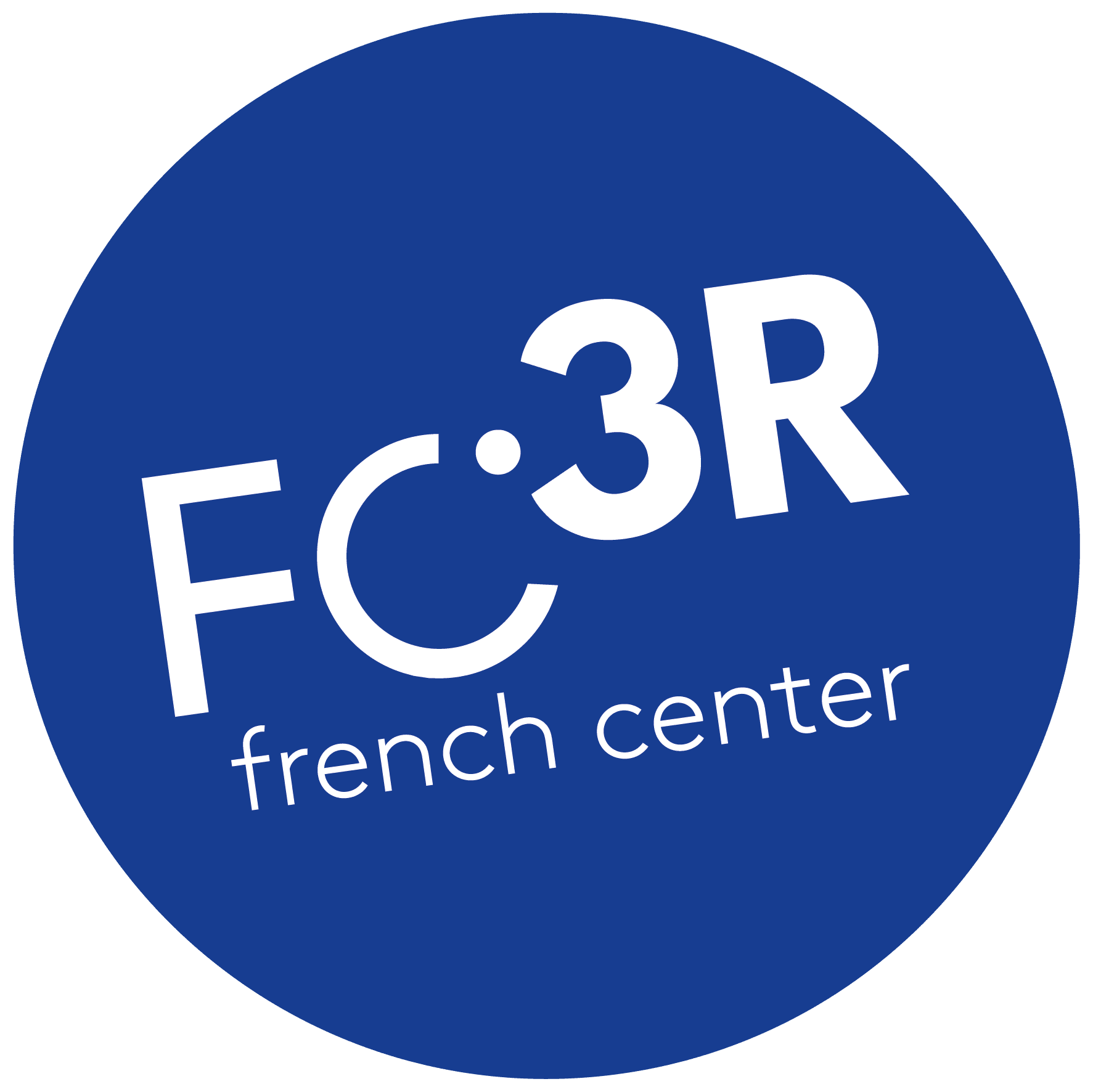

FC3R participates in the global education hub for animal-free innovation and reduce the use of animals.
The 3Rs in higher education
The Three Rs principle (Replace, Reduce, Refine), proposed by Russell and Burch and included in the European Directive 2010/63/EU, states that alternatives to animal testing should be used as soon as they are available. This means replacing animal testing wherever possible. According to the 2021 report of the European Commission's Joint Research Center (JRC), knowledge sharing on the 3Rs could be improved by developing targeted education and training.
According to the 2019 recommendations of the French National Committee for the Protection of Animals used for Scientific Purpose (CNEA) on the use of animals in higher education, it is crucial to recognize the innovative nature of educational programs focused on the 3Rs. This recognition would allow us to better allocate the necessary resources and appreciate the commitment of teachers to this approach.
According to the 2019 recommendations of the National Commission for the Protection of Animals Used for Scientific Purposes (CNEA) on the use of animals in higher education, it is crucial to recognize the innovative nature of educational programs based on the 3Rs. This recognition would allow us to better allocate the necessary resources and appreciate the commitment of teachers to this approach.
Exavir, Virtual Simulation Software
Faced with growing concerns about alternatives to the use of animals in higher education, Samuel Legeay, a teacher-researcher at the University of Angers, with the help of his colleagues, computer scientists and educational engineers at the University of Angers, developed Exavir, a virtual animal experimentation software, in 2021. This virtual experimentation platform, accessible to students and staff at the University of Angers, aims to reduce the use of animals in practical work while ensuring an interactive and innovative teaching approach.

Exavir enables pharmacy students to perform simulations in various fields such as physiology, pharmacology and toxicology. The software offers remote access, which reduces the cost of practical work. The Exavir platform provides interactive experiments with five elements: setup, chemistry lab, animal house, dashboard and results. It allows you to select instruments, solutions and animals, follow standards-compliant methods and block non-compliant steps. On the teacher's side, the software includes an "administration" interface for adjusting various parameters.

A pilot study to reduce the use of animals in practical work
At the University of Angers, an optional course on animal experimentation is offered to 2nd and 3Rsd year pharmacy students, with a maximum of 24 students per class. The aim of this practical work is to raise awareness of best practices and to develop a critical approach to experimental protocols.
To study vascular pharmacology, students perform myography on the rat aorta. A pilot study was conducted to assess the impact of Exavir on students' skills (Bourreau et al., 2024). The results showed that Exavir complements students' skills and takes them further than traditional animal methods. Exavir allows more experiments to be performed in less time, reinforcing learning through repetition and diversification of tests. Although some skills remain incomplete and practical handling and dissection skills are still required, Exavir stands out for its pedagogical effectiveness. This pilot study highlights its role in pedagogical innovation by making learning more interactive.
Prospects for extending the use of Exavir
The development of Exavir has been supported by the University of Angers, and is attracting growing interest. An inter-university collaboration with Nantes University has enabled Exavir to be used more widely, while helping to reduce the use of animals in other higher education establishments.
If you'd like to find out more about Exavir and the other tools used by the University of Angers to reduce the number of animals in higher education, don't miss the FC3R webinar “Pedagogical innovations: alternatives to animal use in higher education” on November 5, which will also be available as a replay.
